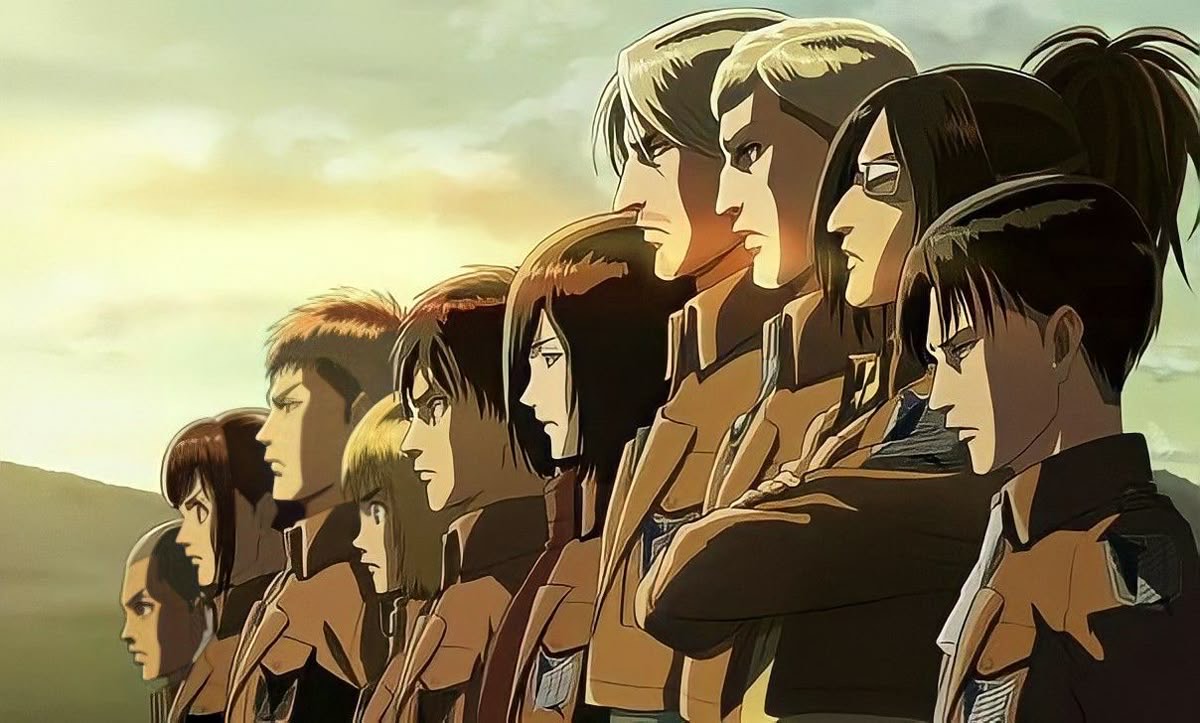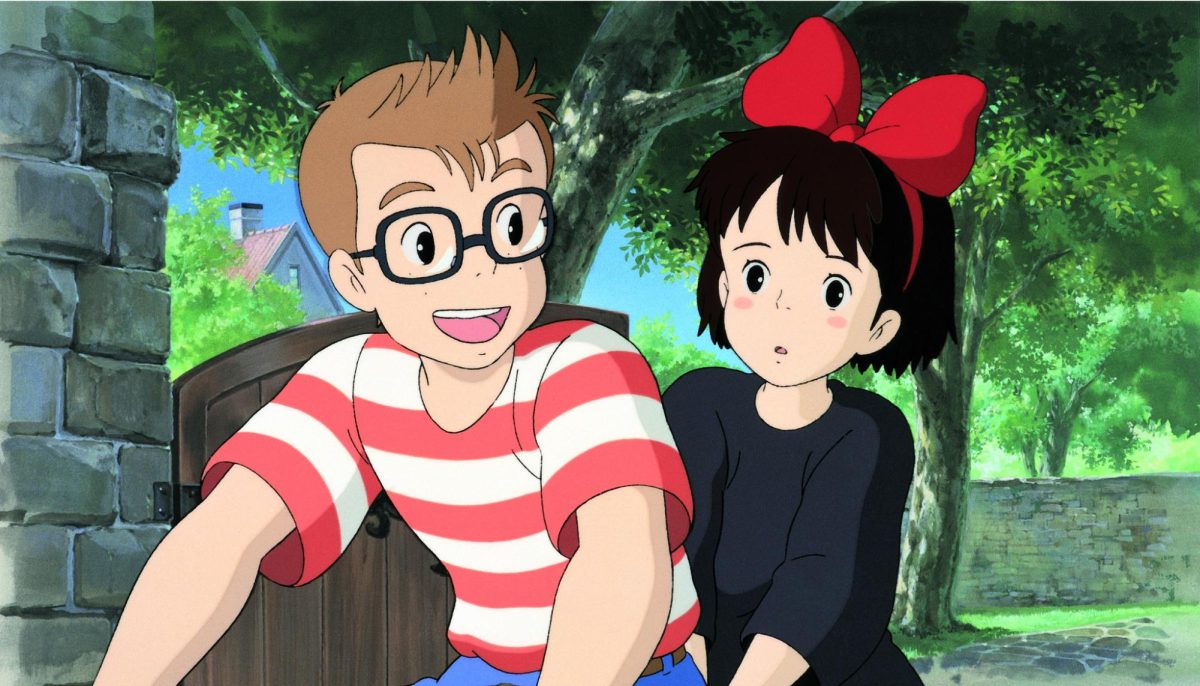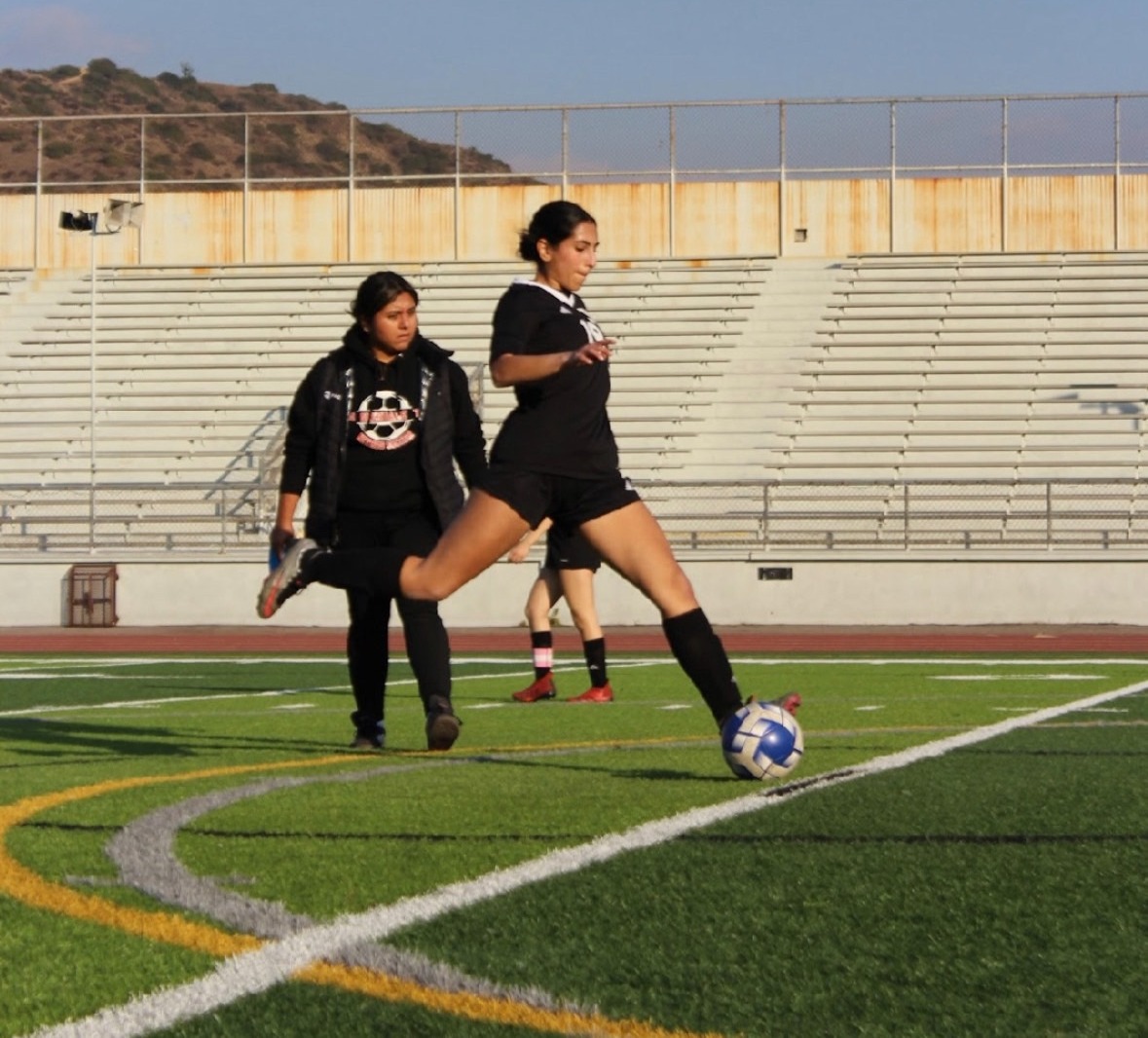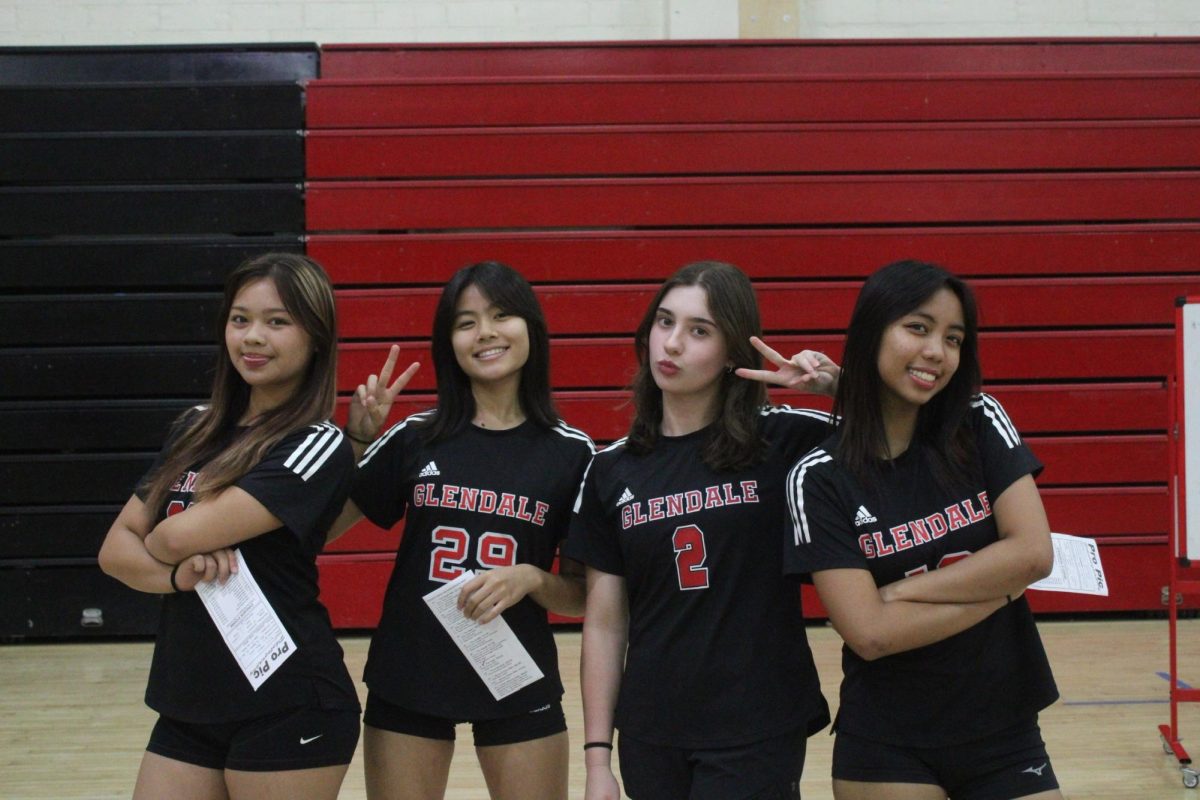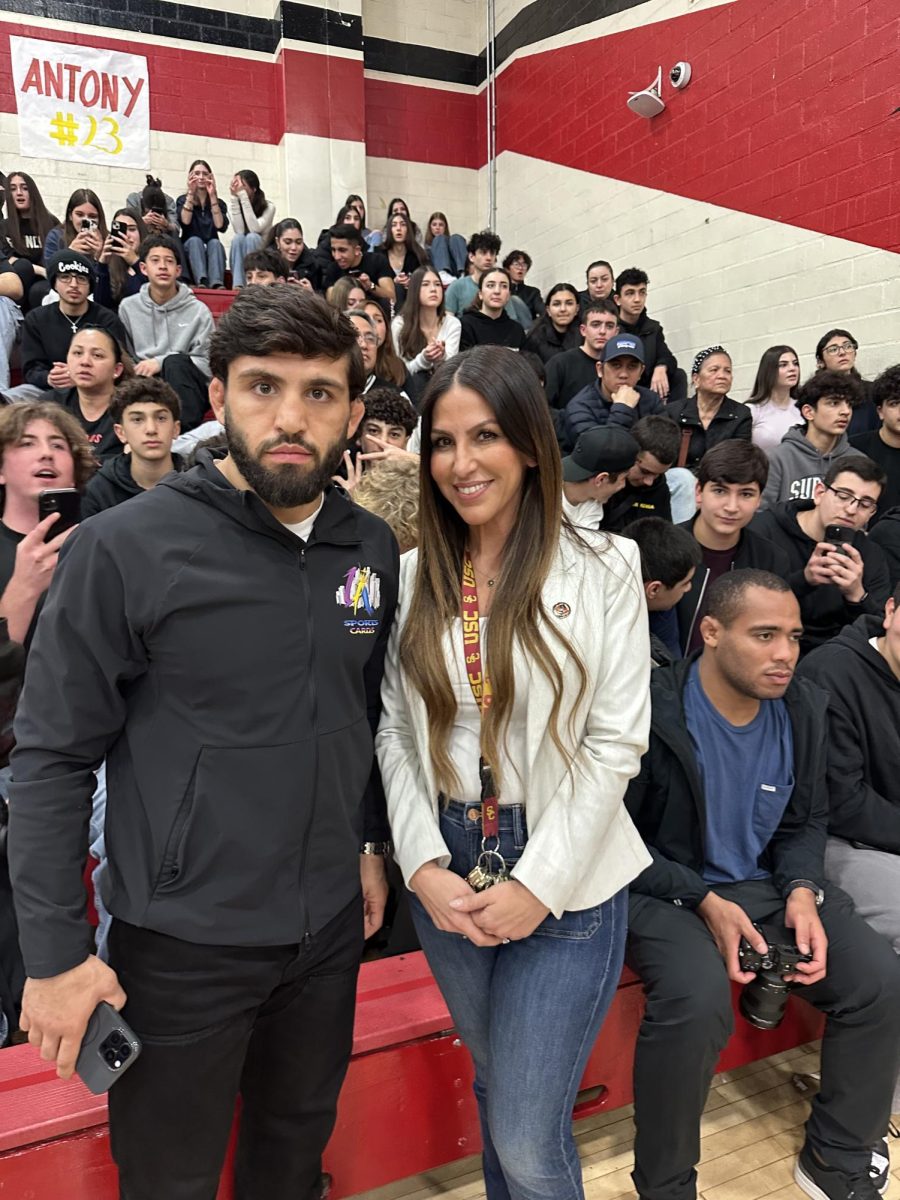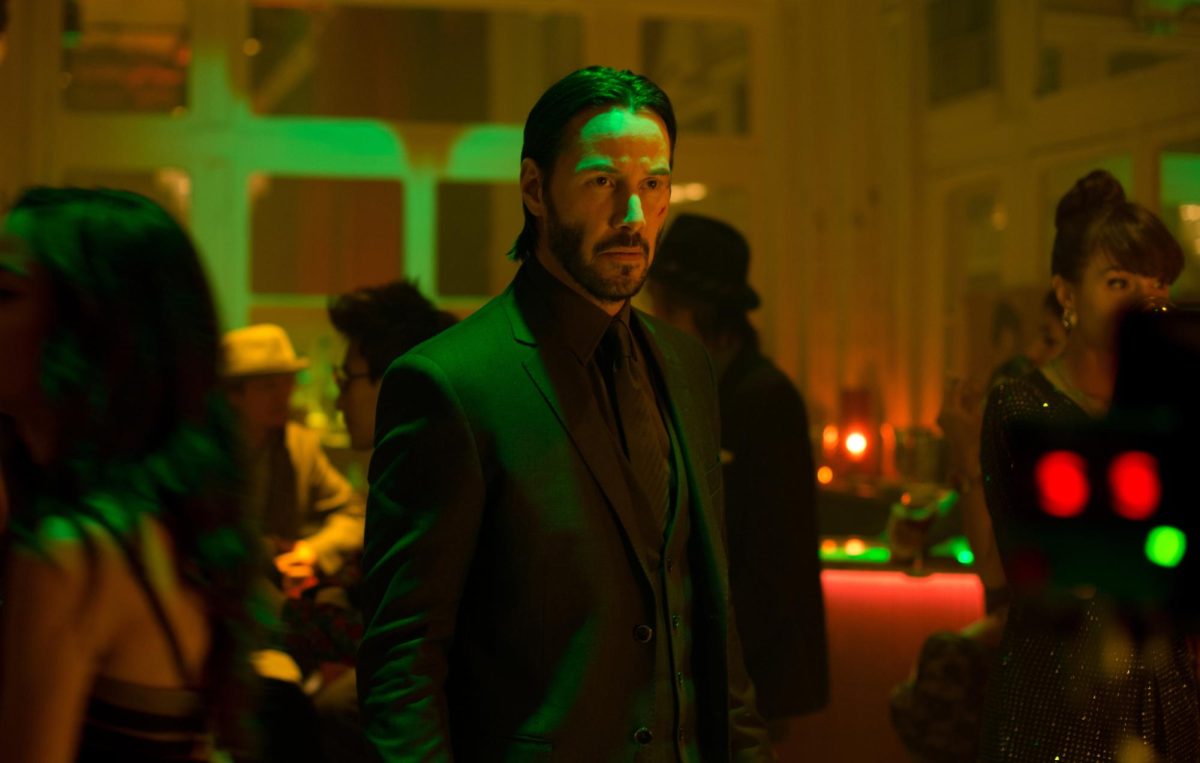Anime, often misunderstood or unfairly dismissed by some, has grown into one of the most influential and emotionally powerful forms of media in the world. With storytelling that rivals blockbuster films, complex characters that linger in your thoughts long after the credits roll, and a unique blend of art and emotion, anime is no longer “just for kids” or “a nerdy phase.”
Anime artists tell stories that go far beyond surface-level entertainment. Their films and streaming series explore the ideas of grief, identity, morality, trauma, hope and human nature. Anime art is often hand-drawn or digitally enhanced, and the characters feel so real. Their emotions? Raw. Their stories? Unforgettable.
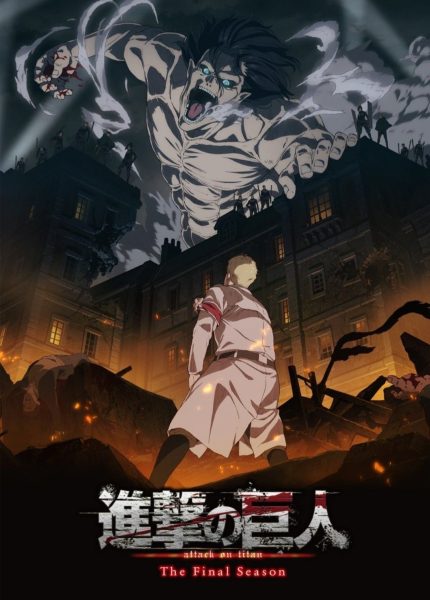 Take Attack on Titan, for example. Created by Hajime Isayama, this series follows humanity’s desperate fight for survival in a world overrun by monstrous titans. But what starts as a brutal action series becomes a deep political drama that leaves viewers questioning their own morals, human nature and the concept of true freedom.
Take Attack on Titan, for example. Created by Hajime Isayama, this series follows humanity’s desperate fight for survival in a world overrun by monstrous titans. But what starts as a brutal action series becomes a deep political drama that leaves viewers questioning their own morals, human nature and the concept of true freedom.
Then there’s Death Note, the story of Light Yagami, a brilliant student who discovers a notebook that can kill anyone whose name is written inside it. What follows is an intense psychological battle between Light and the mysterious detective known as L. This anime explores the corruption of power, the illusion of justice and how thin the line is between hero and villain.
Hunter x Hunter, written by Yoshihiro Togashi, starts out as a colorful adventure, but it slowly turns into one of the most emotionally and philosophically rich anime series of all time. Its “Chimera Ant” arc, regarded as one of the greatest storylines in anime history, examines human nature, evolution and morality. This is all expressed through characters who are monsters on the outside, but are human in mind and heart.
And, of course we have Studio Ghibli, a name that belongs in the same breath as Pixar or Disney. Founded by Hayao Miyazaki and Isao Takahata, this studio has produced the most breathtaking films, such as Spirited Away, Howl’s Moving Castle and Kiki’s Delivery Service. Every frame is crafted with love, and these films are the main reason I won’t tolerate any anime hate. (To read more about my love for Studio Ghibli, go check out my article on the subject!)
During the COVID-19 pandemic in 2020, anime saw one of its biggest global surges in popularity. With people stuck at home and searching for new stories to escape into, anime became a comfort for millions and reached its all-time peak in worldwide influence.
Streaming platforms eventually added more anime titles. Series like Demon Slayer, Jujustu Kaisen, and My Hero Academia exploded in viewership, and Demon Slayer: Mugen Train became the highest-grossing film of all time in Japan.
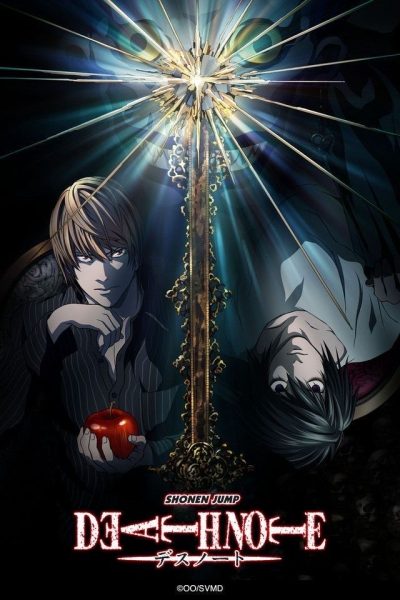 Social media has been flooded with anime memes, TikTok edits and cosplay. People who had never touched anime before have suddenly found themselves binge-watching entire series, buying merch and discussing plot twists online. Anime has become more than just a hobby; it has become a cultural moment.
Social media has been flooded with anime memes, TikTok edits and cosplay. People who had never touched anime before have suddenly found themselves binge-watching entire series, buying merch and discussing plot twists online. Anime has become more than just a hobby; it has become a cultural moment.
Passion for anime is no different than someone collecting Marvel comics, following a football team or dressing up as Harry Potter characters. But somehow, when it comes to anime, people are quick to label it “cringe” or “weird”.
And this stigma needs to end.
Anime has influenced fashion, music and art worldwide, yet the hate keeps coming. It’s normal now for people to mock anime fans as socially awkward or obsessed, as if enjoying anime is some sort of character flaw. This normalization isn’t harmless, as it isolates people who find inspiration or peace from watching it.
When anime is dismissed so casually, the deeper message gets ignored. Anime talks about mental health, trauma, love, loss and resilience, with a rawness that many mainstream stories shy away from. It gives voices to characters who are struggling with morality or identity. To throw that away with a shrug and a comment of “that’s just anime” is to overlook a powerful form of storytelling.
And the hate often targets the fans themselves. Anime fans, especially younger ones, face constant judgment for their passion. It makes them hide their interests, lowers their self confidence and creates needless division in online communities. Is it really worth keeping this toxic culture alive just because some people don’t “get it”?
The world of anime is vast, colorful, and emotional. It’s a place where stories challenge us, characters inspire us and art touches our souls. So the next time you hear someone say that “anime is cringe,” remember that behind that label is a medium that’s shaped millions of lives, and the people who love it deserve better.





